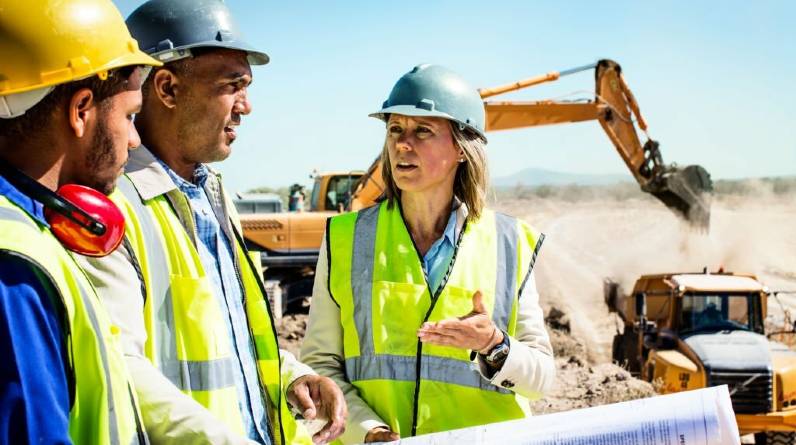
Revisit the history, and you will know that a farm is the basic unit of all commercial agricultural operations. However, farm buildings have been around us for centuries. Looking at their importance, they will continue to be with us for centuries.
Steel farm buildings have been around with us for the past few decades. Though their function remains quite the same as traditional farm buildings, they offer added benefits over conventional wood-framed farm structures.
Understanding Farm Buildings
Farm buildings are defined as any buildings or structures which are mainly helpful for farming operations. Therefore, it is primarily used for housing and shelter for livestock, storing items, or protecting animals and crops.
Traditionally farm buildings and their structures were usually built on the farm sites. However, these types of structures may vary depending on the conditions of your farm. For example, a farm building may be constructed using wood, logs, poles, or various grades of cement mixtures. The other material used was grass or straw.
However, today farm buildings are generally made of steel. As a result, these farm-building structures are strong, durable, and long-lasting compared to other farm-building structures.
Benefits Of Using Steel Farm Buildings
Steel farm buildings are becoming integral to farm building construction in today’s scenario.
Protect equipment
Farm equipment is expensive, including tractors, trailers, plows, harvesters, and balers. Yet, farmers use these farm machines and vehicles to work efficiently and survive.
Moreover, the weather also fluctuates from one day to another. In certain regions, you may see the extremities of both hot summers and cold winters. Because of the changing climate, farming equipment must be stored indoors.
It will protect them from weather-related damage. However, equipment that stays outside year-round has high chances of rust, seizing, corrosion, and UV damage.
Moreover, keeping your equipment inside a steel-made farm building will protect them from potential theft.
Sheltered livestock
Pigs, cattle, hens, and sheep can be safely sheltered indoors. Farm animals are prone to frostbite during the frigid winter months. As a result, they can quickly become sick or may die because of extreme weather. Hence a steel building will protect them from such harsh weather.
Moreover, there would be a risk of predators. Coyotes are predators that can easily hunt your small and larger livestock.
However, keeping all the livestock inside a steel farm will lessen the chance of their illness through controlled foods, temperature, and weather conditions. In addition, steel buildings can easily be insulated. Thus, help to keep your livestock at the right temperature and safe.
Ideal investment
Believe it or not but steel structured farm buildings are an ideal investment. In earlier times, these buildings were usually built of wood. Unfortunately, though, certain weather conditions may only make them last for a while. On the other hand, steel structure farms outlive their wooden predecessors as they are more weather-resistant. This means that they will not rot out.
Additionally, the steel used in construction is chemically treated. Thus, making it stronger and more resilient. As a result, you don’t spend much on the maintenance and repair of the building.
More space to store feed
A steel farm gives you more space to store feed and products. It keeps all the feed away from the elements that may cause any damage. Straw and hay can also be stored indoors.
Conclusion
The best option to construct farm buildings is steel. As farmers always look for bespoke and robust structures, steel gives them all the necessary convenience and benefits. Steel is an organic material, and farms built using steel are robust, cost-efficient, time-saving, and more efficient.






